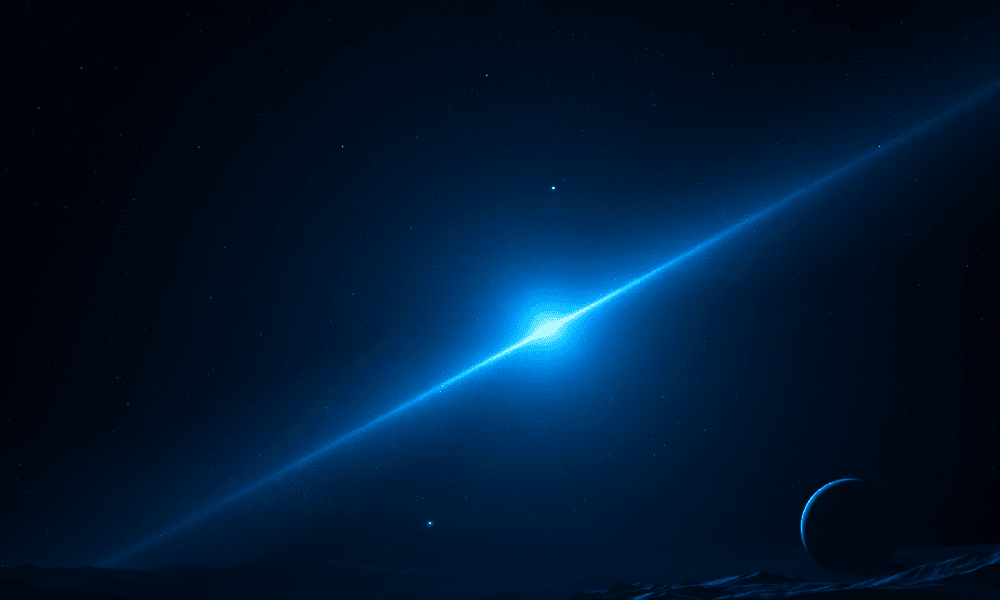
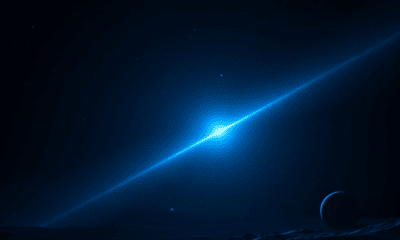

Astronomers have uncovered a massive new trans-Neptunian object, 2017 OF201, lurking at the edge of our solar system. With an orbit stretching 25,000 years and a...
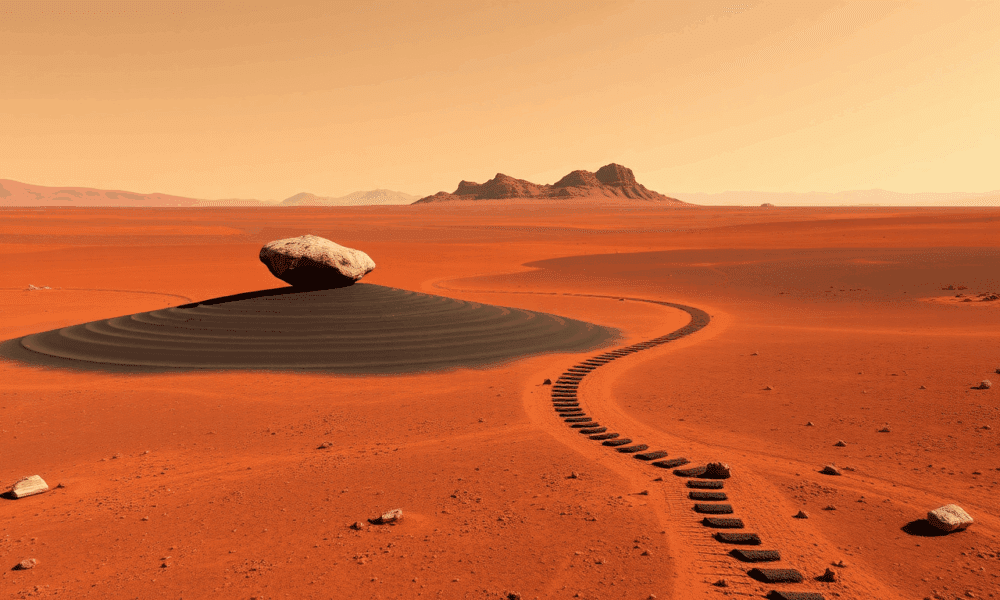
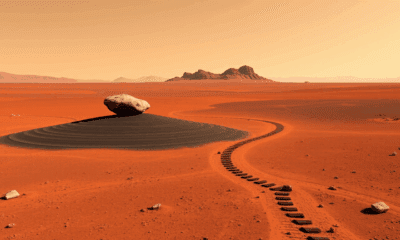

Captured at a location called “Falbreen,” this 360-degree view mosaic was stitched together 96 images that were acquired May 26, 2025. In the upper image, the...
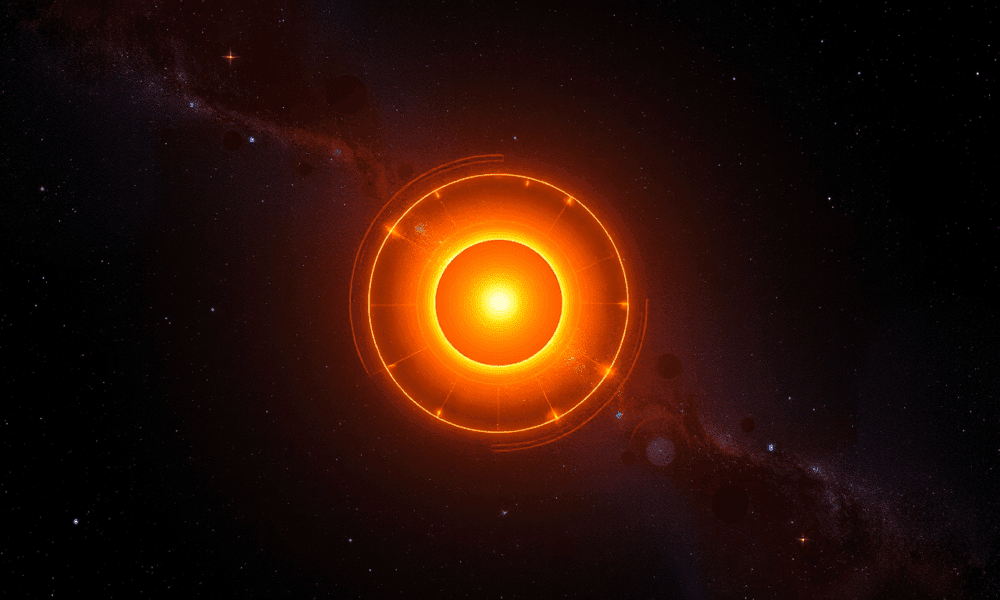
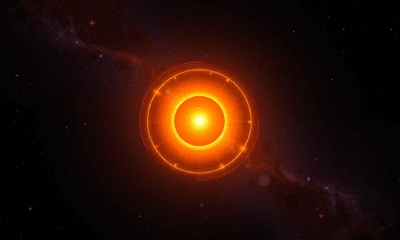

NASA’s James Webb Space Telescope has detected strong evidence for a giant planet orbiting Alpha Centauri A, the nearest Sun-like star to Earth. Located just 4...
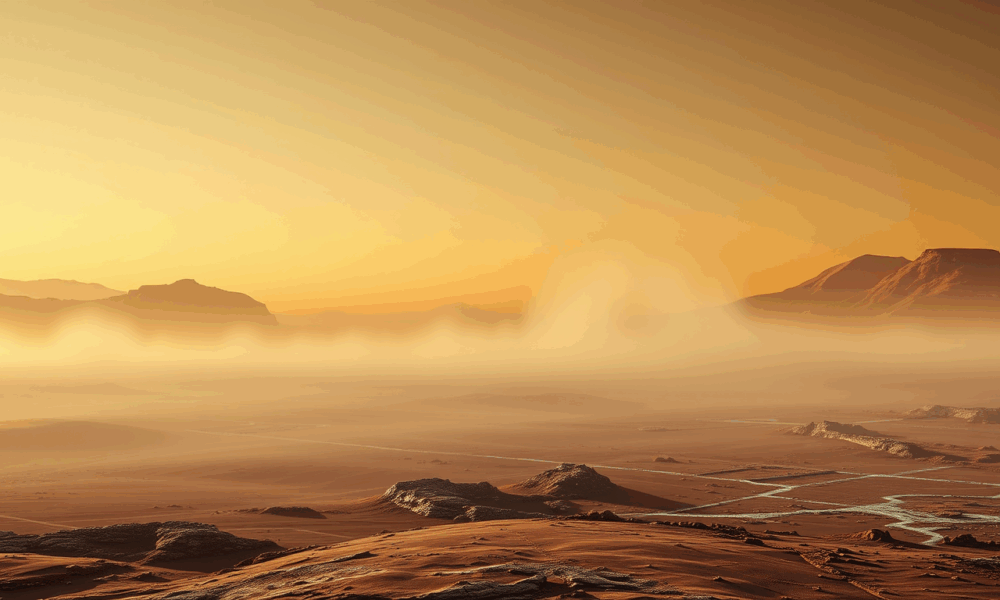
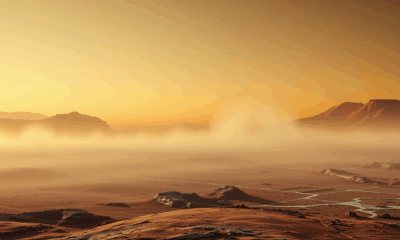

Mars, once thought too cold and dry for liquid water, may briefly host salty brines twice a day during certain seasons. These fleeting bursts wouldn’t be...
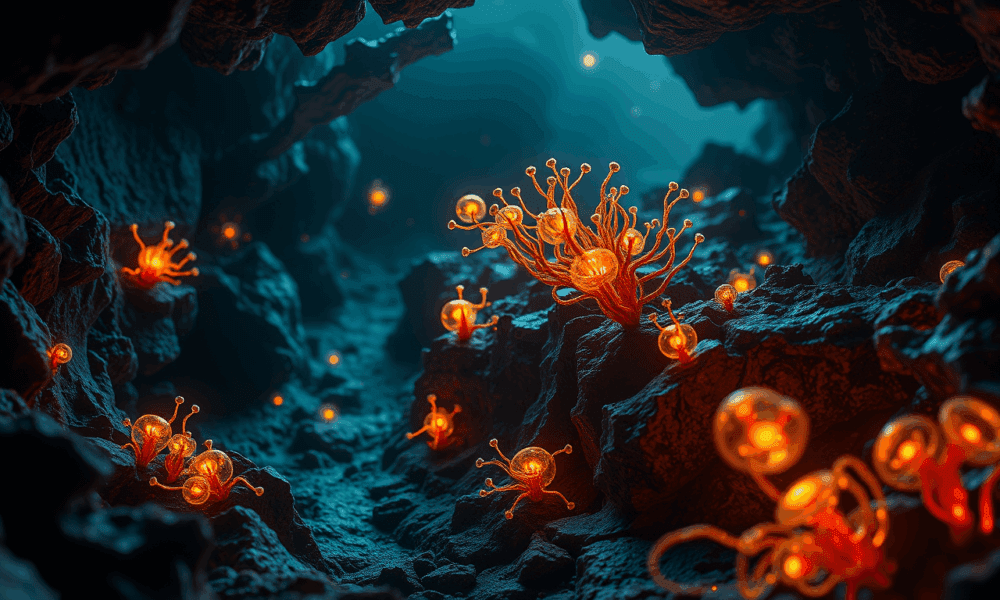
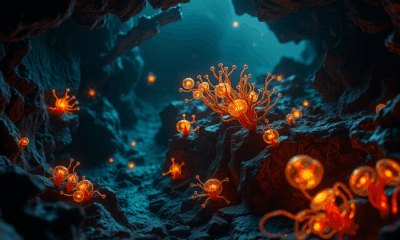

Chinese scientists uncovered a powerful energy source for deep Earth microbes: hydrogen and oxidants generated by rock fracturing during earthquakes. The process may also suggest how...
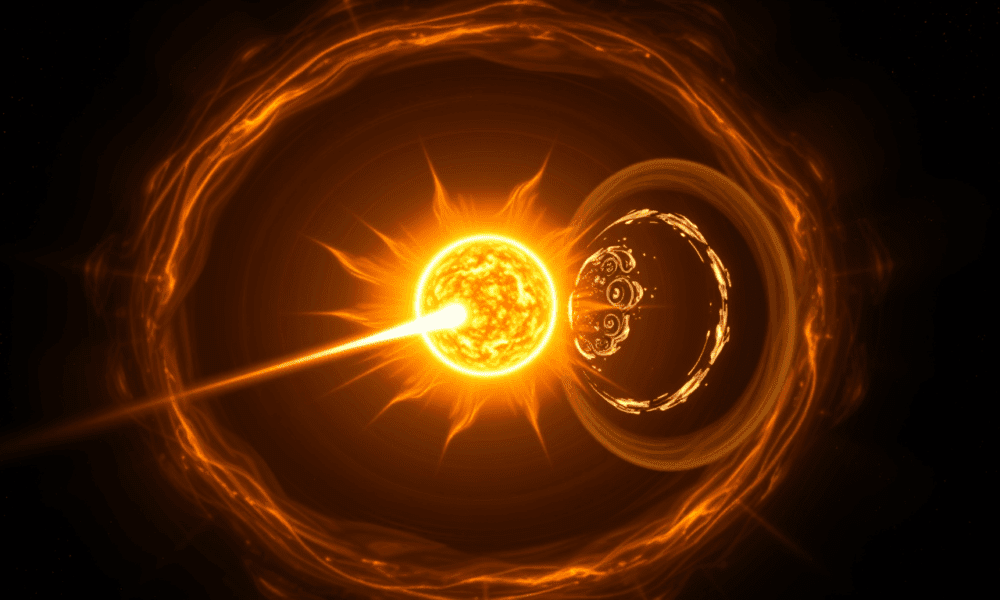
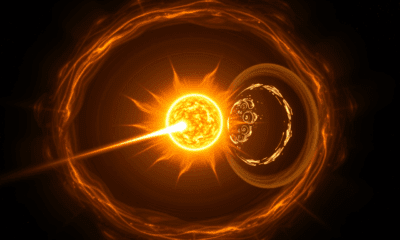

Astronomers have stumbled upon an incredible cosmic chain reaction: a young star launched a high-speed jet that ignited an explosion, creating a massive bubble in space...
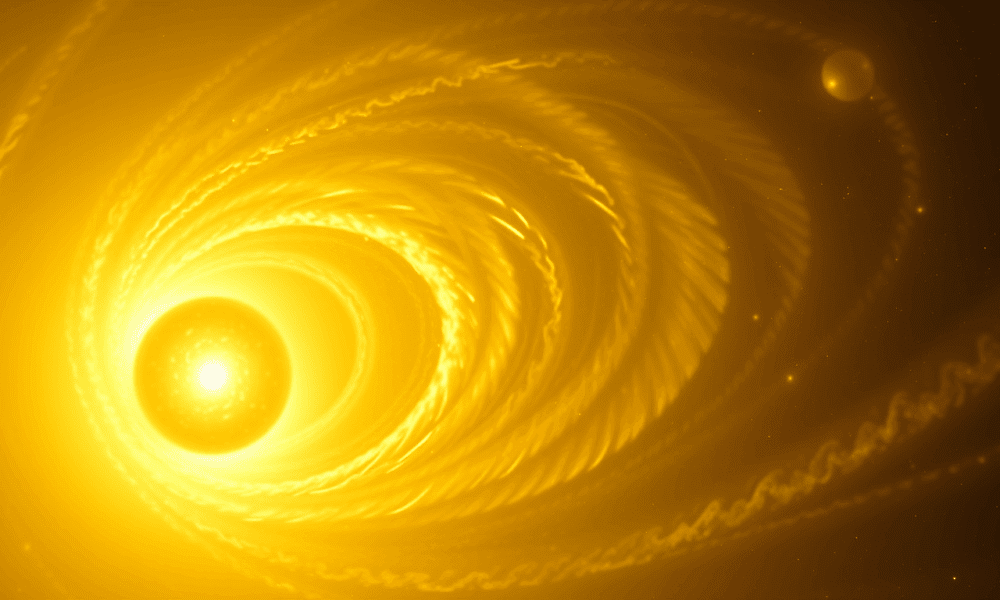
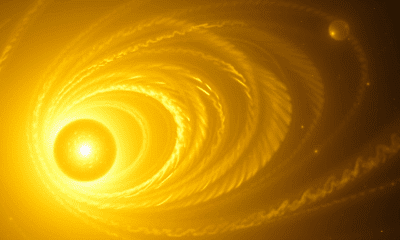

An international team of scientists have provided an unprecedented tally of elemental sulfur spread between the stars using data from the Japan-led XRISM (X-ray Imaging and...
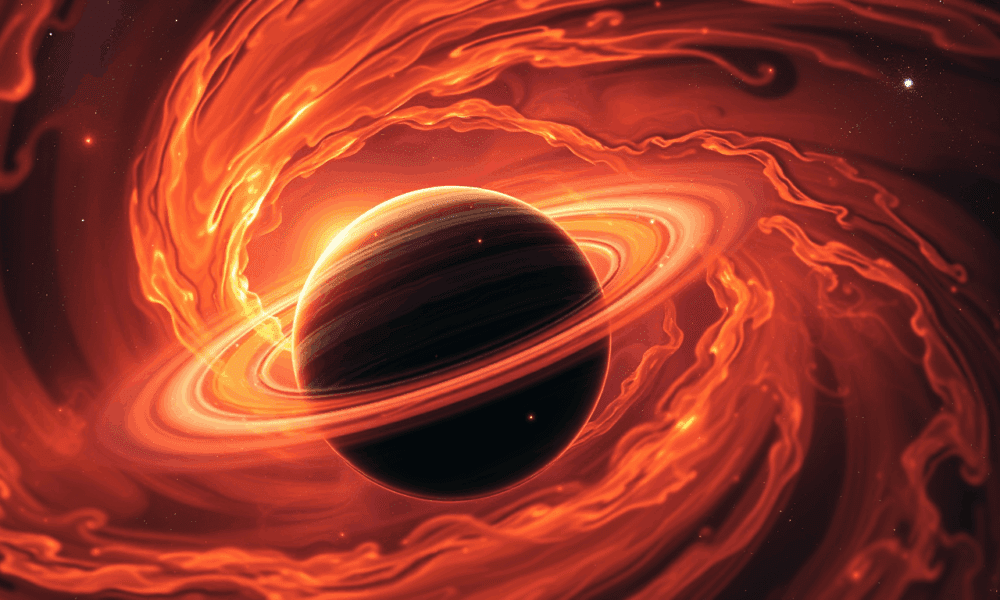
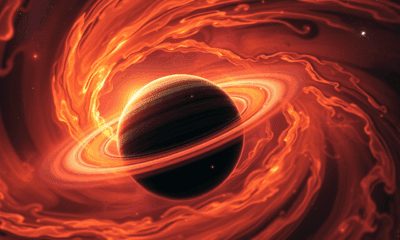

A massive, fast-orbiting planet is inching closer to its star, and scientists now have direct evidence of its impending demise. It could disintegrate, burn up, or...
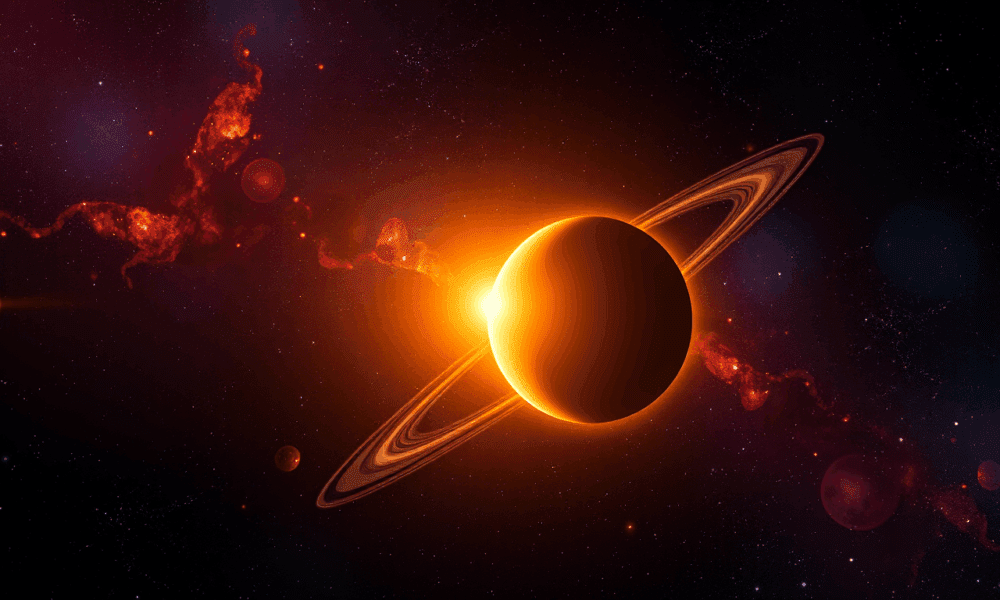
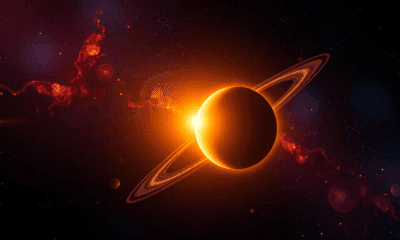

A bizarre planet defies cosmic norms: scientists have confirmed a giant planet orbiting in reverse around one star in a close binary system—an arrangement previously thought...



Using a powerful mathematical tool, scientists have unveiled the intricate "ringing" of black holes, unlocking patterns missed for decades and laying the groundwork for sharper gravitational...